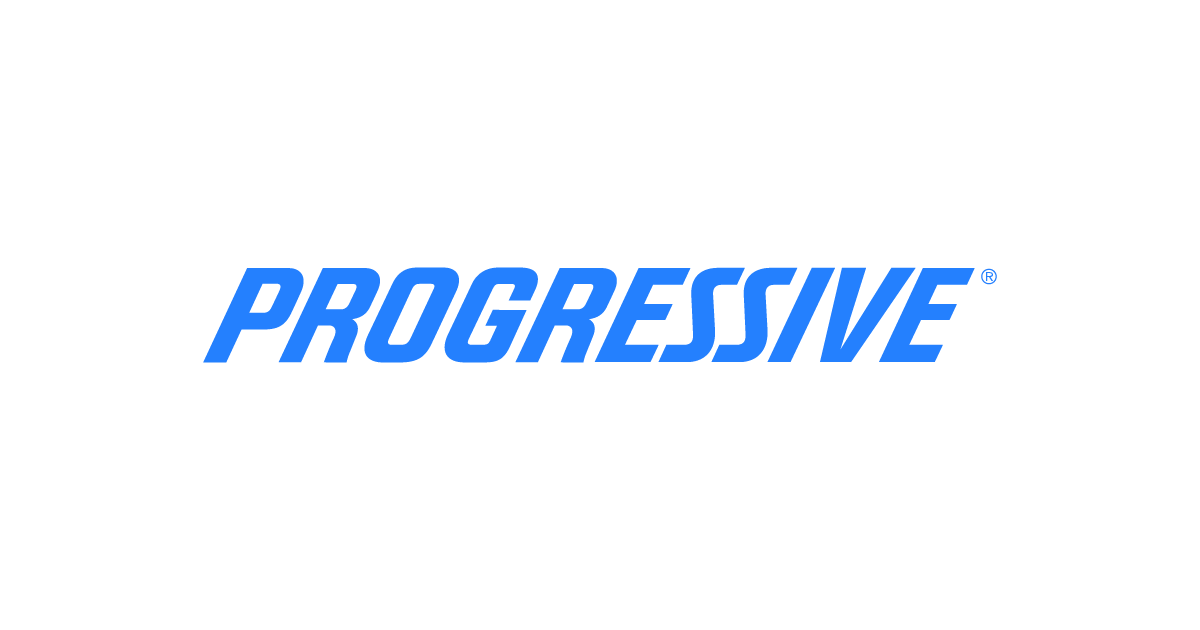Shopping for auto insurance can be a challenge. Finding the best car insurance with an accident on your record can be harder yet -- when there's an accident, drivers can expect a hike in insurance premiums. It's essential to find ways to minimize that hike, so we've gathered some of the best high-risk car insurance companies in the market.

Bottom Line
When drivers think of cheap car insurance, they probably don't think of State Farm first, but State Farm is one of the most forgiving when it comes to car insurance for drivers with an accident on their record.
In addition to forgiving rates, State Farm offers financial stability (with an AA++ rating from A.M. Best), highly rated customer service, growing digital access, and multiple discounts on car insurance. State Farm routinely gives fintech auto insurance companies a run for their money. Not only are its rates competitive, but State Farm has nearly 100 years of history and full coffers backing up its promises.
State Farm's average annual rate for drivers with an accident is $2,313.

Bottom Line
For cheap car insurance, Geico typically leads the pack. The company is well known for its accessibility and high J.D. Power ranking for customer service. And when it comes to drivers with an accident on their record, Geico offers one of the lowest premiums available.
The average annual rate for a Geico policy with an accident is $2,234.

Bottom Line
Even with an accident on their record, Farmers policyholders can choose their coverage options. For example, there's coverage for accident forgiveness, spare parts, rideshare, customized equipment, rental car reimbursement, towing and roadside assistance, and more. Farmers is a great choice for drivers who want a say in the details of their insurance coverage.
A driver with an accident can expect to pay around $2,798 for a Farmers policy.

Bottom Line
One of the most attractive features of auto insurer Progressive is that its premiums are lower for drivers with an accident than most competitors. In addition, its "Name Your Price" tool allows drivers to see how much coverage they can afford and to adjust their budget until they find the precise level of coverage they require.
Progressive's average annual rate for a driver with an accident is $2,882.

Bottom Line
USAA is known for providing protection to military members and their families, but USAA also offers top-notch options like free accident forgiveness coverage, super-low premiums, pleasantly high customer service ratings, and an entire menu of potential policy discounts.
USAA offers military members with an accident on their record an average annual rate of $1,979.
How does an accident impact your driving record?
All licensed drivers have a driving record. This record is available to insurance companies as they assess the risk of insuring a particular driver. When a driver has an accident, it shows up as points on their driving record. A driver with a clean record has zero points, so the more points a person collects, the riskier their driving habits appear to be. Once a driver accumulates enough points, there's a chance their license will be suspended. How many points a driver gets for a single accident depends on the state in which they live and the seriousness of the accident.
Why does your insurance rate increase after an accident?
Like all businesses, insurance companies are designed to make money. The more they pay out in claims, the less profit they earn. For that reason, insurance companies base premiums on how likely a driver is to make a claim. Once a driver causes an accident, it's assumed that the driver represents a more significant risk, and the driver's insurance rates are adjusted to cover the higher risk.
How much more does insurance cost after an accident?
How much a driver's car insurance rates after an accident increase depends on several factors, including where they live, where the accident took place, and how serious the accident was. The following shows averages of how much a policy costs in each state after one accident:
| Clean Driving Record | 1 Accident on Driving Record | |
| National Average | $2,551 | $3,092 |
| State | Car Insurance Cost with 1 Accident |
|---|---|
| Alabama | $2,774 |
| Alaska | $1,948 |
| Arizona | $3,024 |
| Arkansas | $3,158 |
| California | $3,210 |
| Colorado | $2,881 |
| Connecticut | $3,602 |
| Delaware | $3,341 |
| Florida | $4,531 |
| Georgia | $3,242 |
| Hawaii | $1,553 |
| Idaho | $2,057 |
| Illinois | $2,562 |
| Indiana | $2,140 |
| Iowa | $2,095 |
| Kansas | $2,927 |
| Kentucky | $4,239 |
| Louisiana | $5,099 |
| Maine | $2,590 |
| Maryland | $3,253 |
| Massachusetts | $2,597 |
| Michigan | $5,884 |
| Minnesota | $3,131 |
| Mississippi | $2,919 |
| Missouri | $2,938 |
| Montana | $2,997 |
| Nebraska | $3,101 |
| Nevada | $3,164 |
| New Hampshire | $2,713 |
| New Jersey | $4,390 |
| New Mexico | $2,322 |
| New York | $4,365 |
| North Carolina | $2,153 |
| North Dakota | $3,133 |
| Ohio | $1,862 |
| Oklahoma | $2,978 |
| Oregon | $2,616 |
| Pennsylvania | $2,927 |
| Rhode Island | $2,498 |
| South Carolina | $3,189 |
| South Dakota | $3,067 |
| Tennessee | $2,603 |
| Texas | $3,237 |
| Utah | $2,832 |
| Vermont | $2,145 |
| Virginia | $2,493 |
| Washington | $2,252 |
| Washington D.C. | $3,294 |
| West Virginia | $2,860 |
| Wisconsin | $2,334 |
| Wyoming | $2,636 |
How to lower the cost of car insurance after an accident
It is possible for a driver to minimize the premium hike following a car accident. Here are some of the ways to do so:
- Ask about accident forgiveness. Plenty of companies -- including State Farm, Geico, and Progressive -- offer some form of accident forgiveness. A driver may have a policy that includes accident forgiveness but not know it. It's worth calling to find out.
- Shop around for an auto insurance company offering a lower car insurance quote. A driver is not hit right away with a higher premium. It's only when the current policy expires that they start paying more. Depending on how long is left on the policy, they should have some time to find an insurance company with a more forgiving attitude toward accidents.
- Take a deep dive into discounts. Nearly every insurance company has a menu of potential discounts, ranging from multiple car discounts to discounts for drivers who've taken a defensive driving course. Discounts are one of the easiest ways to keep a lid on rising insurance premiums.
- Look into usage-based coverage. State Farm has "Drive Safe & Save," and Progressive offers "Snapshot." Both programs base premiums on how well, when, and where drivers travel. If a driver does not put many miles on their car each year or drives only during daytime hours, there's a good chance they can benefit from usage-based coverage.
Given that most accidents can remain on a driver's insurance record for three to five years, it pays to do everything possible to find affordable insurance coverage. Whether a driver is looking for comprehensive coverage or liability insurance, car insurance coverage is so essential that it pays to shop around.
| Offer | Best For | Next Steps |
|---|---|---|

State Farm
|
Great For: Best for old-fashioned customer service | |

Geico
|
Great For: Best for low rates | |

Farmers
|
Great For: Best for customized policies | |

Progressive
|
Great For: Best for budget-minded drivers | |

USAA
|
Great For: Best for members of the military and their families |
FAQs
-
Accident forgiveness is a benefit that can prevent car insurance rates from increasing if a driver is at fault for an accident.
-
No, because the at-fault driver's insurance company covers the costs of medical care and car repair.
-
Most insurance companies only consider the last three to five years of a driver's record when they calculate rates. An accident over five years ago is not likely to be considered, as long as the driver's history has been clean since that time. The exact time an accident remains on an insurance record varies by state and car insurance company.
-
Depending on the severity of an accident, most remain on a driver's record for three to 10 years.
Our Insurance Expert
We're firm believers in the Golden Rule, which is why editorial opinions are ours alone and have not been previously reviewed, approved, or endorsed by included advertisers. The Ascent, a Motley Fool service, does not cover all offers on the market. The Ascent has a dedicated team of editors and analysts focused on personal finance, and they follow the same set of publishing standards and editorial integrity while maintaining professional separation from the analysts and editors on other Motley Fool brands.